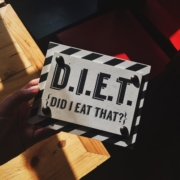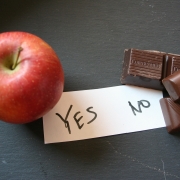Food rules, do they make us healthier? Never a week passes where I don’t hear some variation of “I can’t eat that”. We focus on the things we must cut out in order to be healthy. But is this the best approach?
“I can’t eat that” should be a sentence reserved for people with food allergies or intolerances. The second part of the sentence should be “because I will feel ill/potentially die” And yet some of us use it daily to describe the way that we are currently eating to achieve our goals.
Food rules and the dangers they pose to a peaceful healthy society
Everywhere in the health and fitness industry seems to be dominated with food rules. Things you absolutely should or shouldn’t do in the pursuit of ultimate health and/or weight loss.
- Don’t eat foods with more than 5 ingredients
- Don’t eat too much fat, it makes you fat
- Don’t eat too much protein, it’s bad for your kidneys
- Don’t eat carbs they make you fat
- Don’t eat sugar it gives you diabetes

These are a no no if you want to avoid diabetes – apparently
Our successes and infact our reputations are sometimes built on our ability to withstand pressure and have strict food rules that we tell everyone about.
“I lost 10lbs since I give up carbs”
Yes, you did Sharon, because of the calorie deficit and water loss. Not because carbs are bad and fat is magical.
Our food rules become a cult-like phenomenon that push us into thinking that This. Is. The. Only. Way.
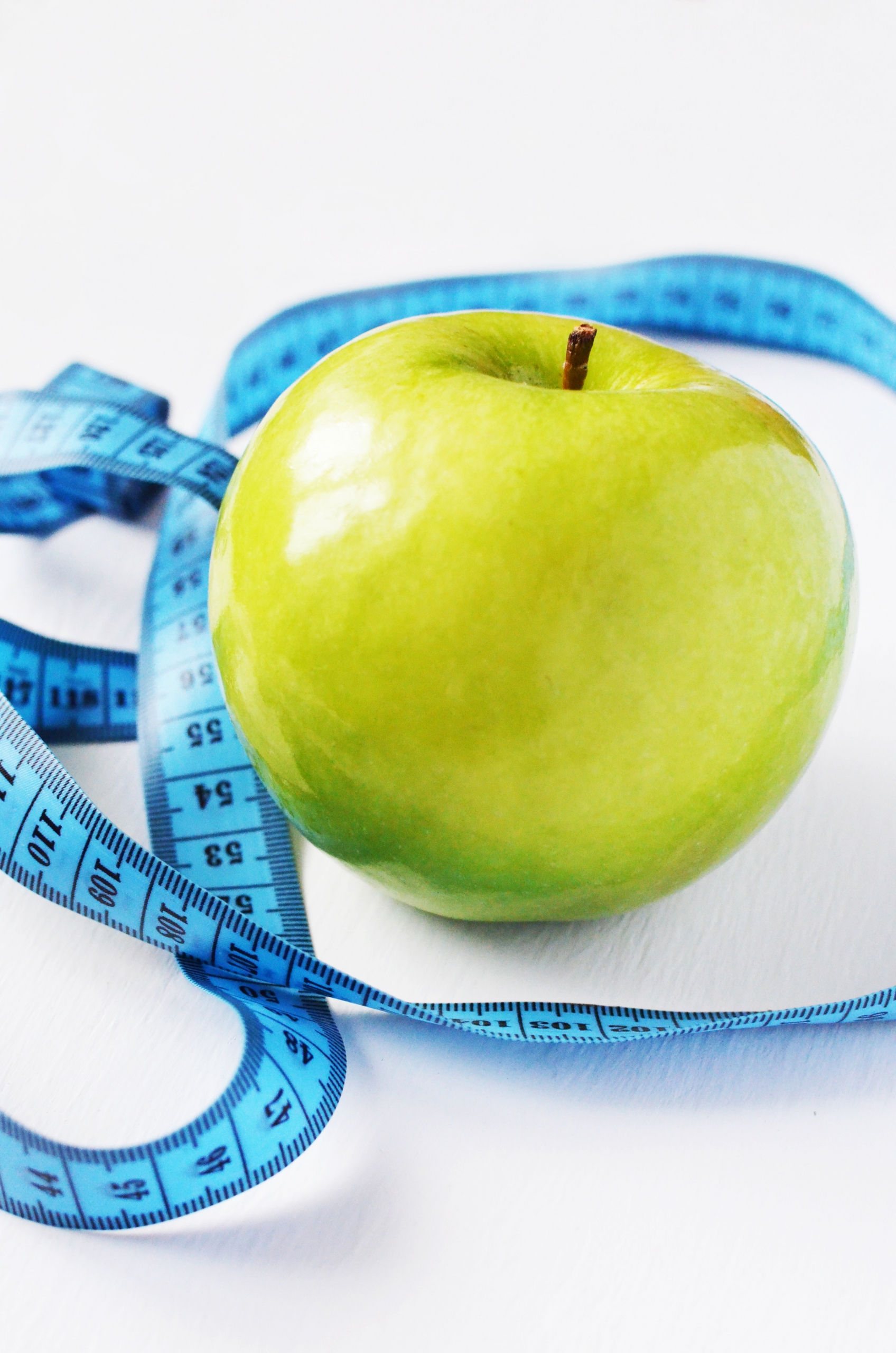
Is this true? Absolutely not.
First we must look at what “being healthy” means to you so lets assume we are talking physical health. Will we be healthier if we eat more veggies? Yes. Will be less healthy if we eat nothing but chocolate cake? Of course.
But when we consider the mental health aspect of our diets it’s important to be more flexible in our approach.
Yes, we could cut out food groups forever and ever but does this keep us mentally healthy with our approach to eating? No.
Anyone who has ever been on a diet will tell you the daily mental stress of counting calories or making sure you eat the “right foods”. Worrying about the scale weight and whether you should or shouldn’t have carbs with your lunch cos you skipped the gym, it’s exhausting.
Ain’t nobody got time for that.
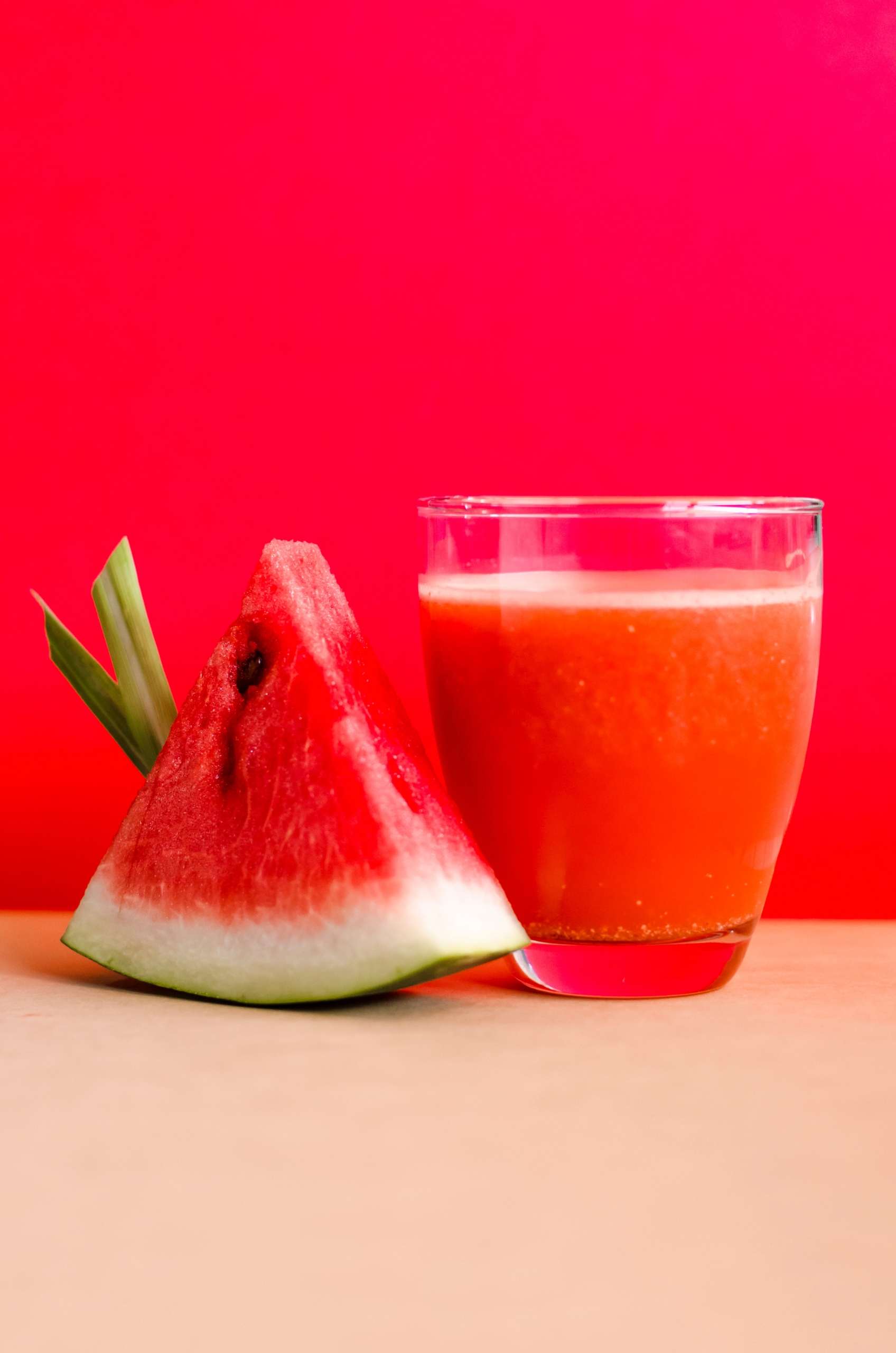
Yes it’s fruit, but only good on low fat vegan diets
The only way is…
When we restrict our plans in the pursuit of health we come to fear the foods we have given up and we rely on the strategies that brought us success. Or worse yet, the strategies that have brought success to others and we have truly bought into without seeing any change ourselves.
And now we can never have sugar again – not even on our birthdays cos it will causes us to spiral into a binge because sugar is addictive, don’t you know?!
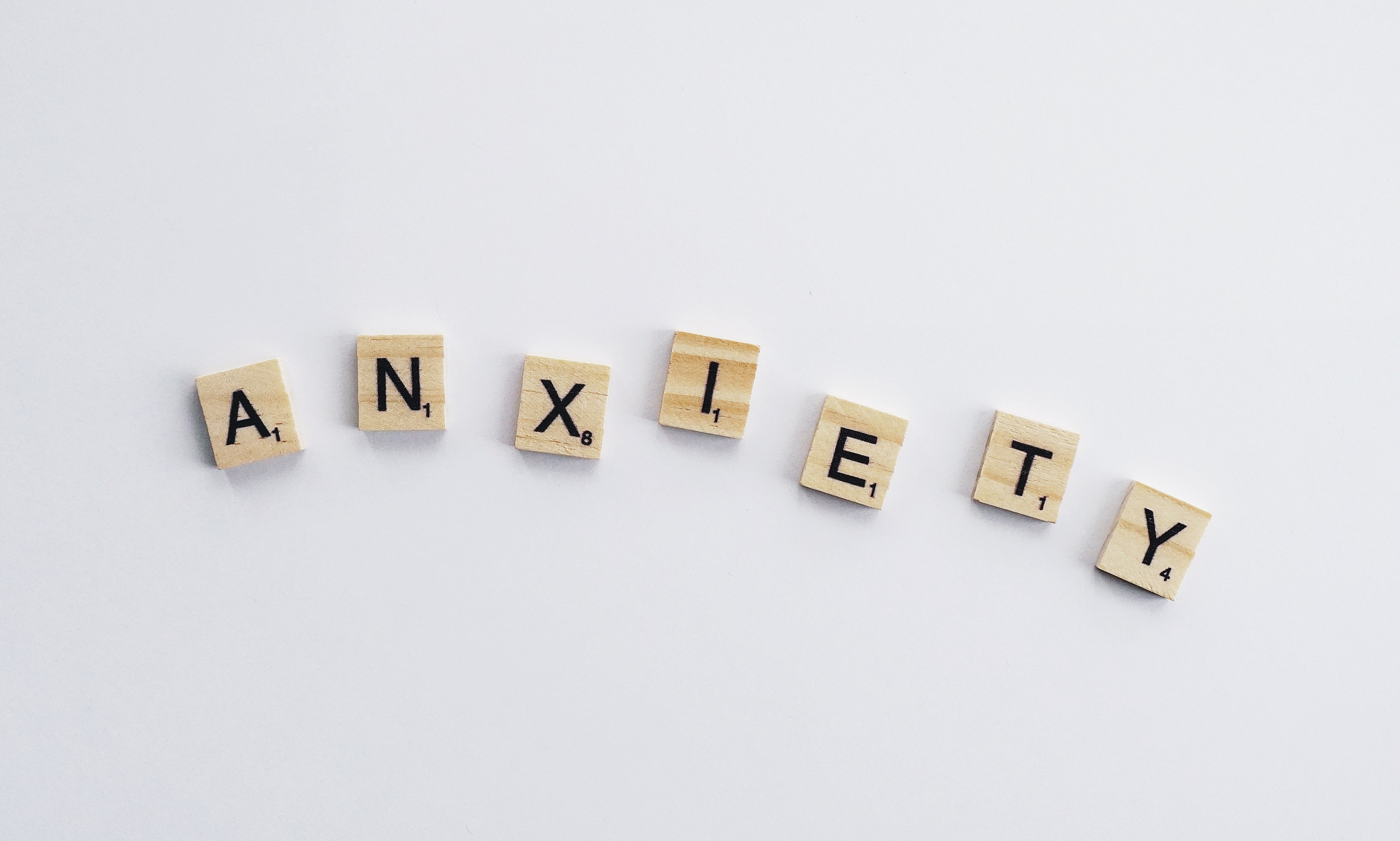
Food Rules: Time to think differently?
If cutting out a food group or changing your way of eating is working for you and you’re happy to never eat those foods again, your thriving in life and you’re reading this going “You’re wrong, Ainzlie” then great – crack on.
But, this post is for those of you who believe that you MUST follow these rules to see success.
Here’s what we can all agree on
- Vegetables and fruits are an important part of a healthy diet. Even Atkins “allows” berries.
- Eating slowly will improve digestion and allow you to enjoy your food more.
- Eating enough for energy levels is important, you shouldn’t feel starving.
- Exercise is important for health.
- Overeating is uncomfortable and not good for your body.
These strategies are free from food rules and they work. Are they too simple? Perhaps, but here’s the thing:
Simple strategies work. And they work long term.
So if your plan is restrictive, cult-like and making you anxious that you might eat the wrong foods – don’t despair, trust that you can see results while eating a variety of foods.
Scary as it is, you can ditch those rules. If you want some help with that, check out my nutrition coaching.
Ainzlie
p.s – Life is too short to be miserable with the way you eat, here’s the link again:



